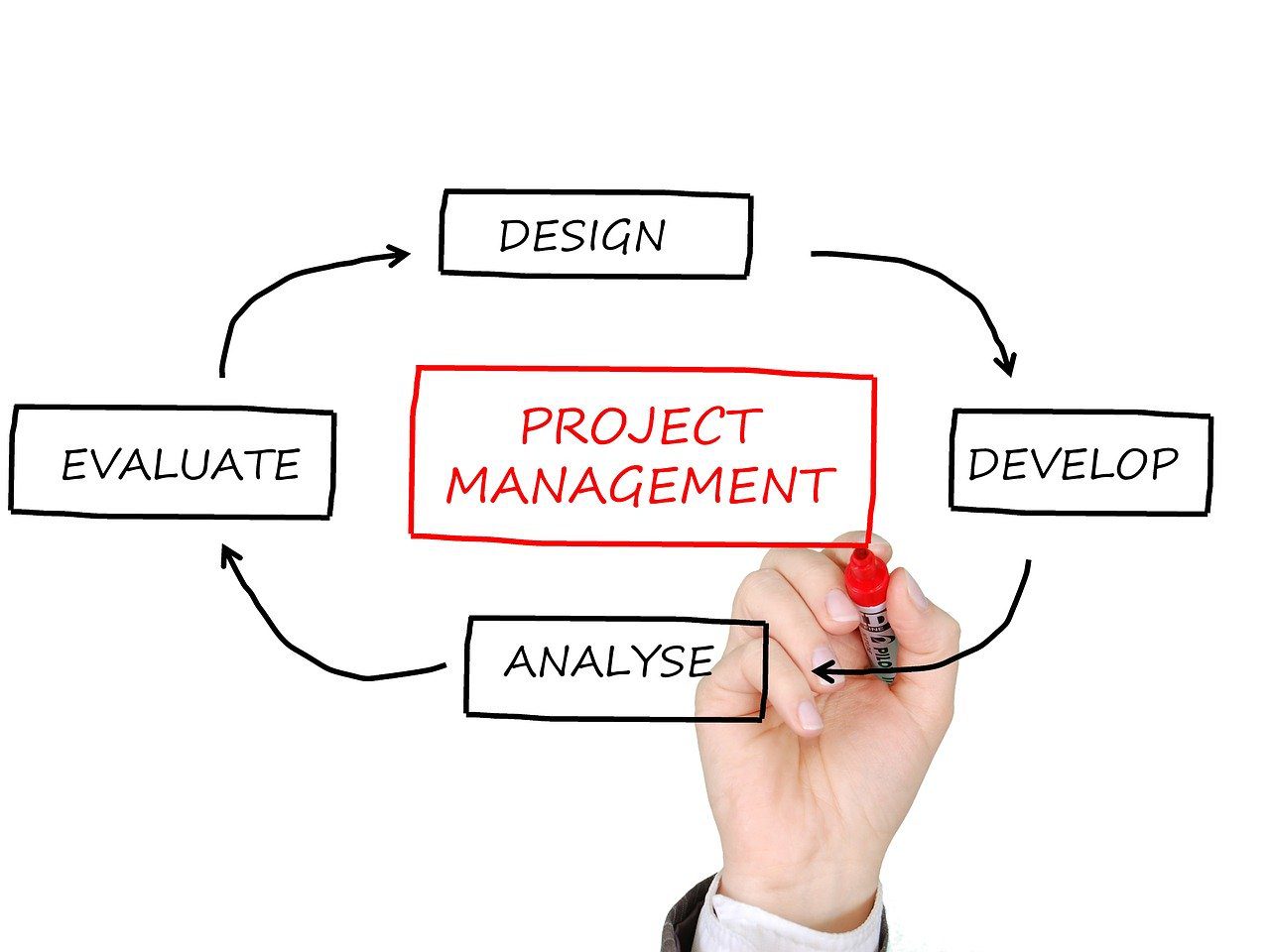Whether you’re making the decision to automate for the first time, or implementing automation for a new product line, project management is the key to a successful project.
Project management is monitoring and managing a project to ensure completion on time and within budget. It sounds straightforward, but keeping multiple moving parts coordinated can be a big task, which is why having good project management practices in place for your automation project is essential.
Project management is about more than simply putting a project manager in place. A good project uses an appropriate project methodology like Agile or Lean as a system of clear and consistent processes and techniques to maximise project resources.
You’ll also need good project tools to ensure that the project scope is clearly defined, monitor the progress of tasks, and manage staff workload.
There are many project management tools to choose from. Popular tools include, projectlibra, Jira and Monday.com. Ultimately the tool should be easy to use and provide enough insight for the project manager to track all aspects of the project lifecycle.
Choosing a project manager
Many businesses focus purely on technical skills when recruiting or choosing project managers, but the skills needed to manage an automation project successfully go beyond technical ability. While technical skills are a definite plus, organization and communication skills are critically important.
Planning
Project planning is crucial to a successful project, that runs on time and comes in on budget. A good project plan should start with defining the project’s purpose, scope, and costs. How will you know when the project is finished? What are the endpoints, and what are the key requirements that must be fulfilled before the project can be considered as complete? And what additional after care support and ongoing support is required?
Your plan should also outline the business investment case for the project and lay out an initial timeline. Your timeline and requirements should be realistic and account for any training, installation, etc.
Another key part of planning is anticipating and heading off potential issues. It’s common for projects to experience some roadblocks, so building in contingencies can help keep things running smoothly. Watch out for any blockers or time-critical factors and manage these regularly.
Getting your automation supplier involved
Get your automation supplier involved early and share as much information as you can with them. They can help you identify any potential points of failure and design mistakes. Your supplier will have lots of valuable experience assisting businesses in delivering automation projects, so the sooner you can tap into that, the better.
Managing changes
The project requirements may change over time, so being prepared with a good change management process can help to manage any stakeholder requests to change the scope or specifications. Without a process in place, you run the risk of scope creep that will take you out of your budget or over your anticipated timeline.
What can good project management achieve?
Good project management can make a real difference to your business bottom line. Projects are often considered as a necessary drain on financial resources, but a well-run bespoke automation project can increase long term profitability by delivering benefits like:
- Increasing your output
- Improving efficiency
- Reducing long-term labor costs
- Improving safety
At Innomech, we support businesses through the project lifecycle. As experts in bespoke automation, we support businesses with their many and varied projects, from precision cutting to medical devices.
If you’re looking to implement the perfect automation solution for your business and would like more information, then please contact us. Our automation consultants would be delighted to discuss your requirements further.




